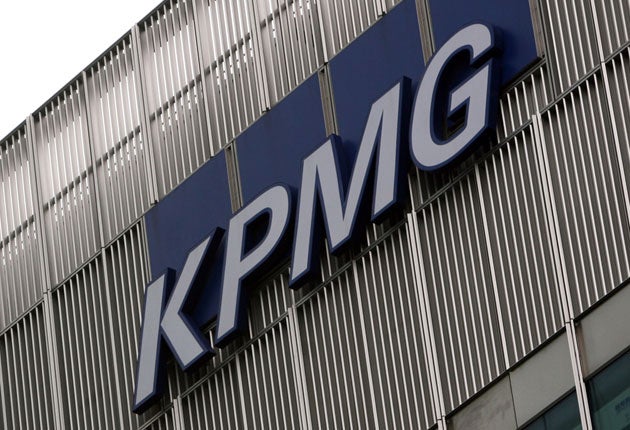Banks call on Government to rethink radical reforms

Pressure is growing on the Government-appointed Independent Commission on Banking to ease off on banking reform, with leading accountants and banking organisations calling on the Government to "think again" and avoid "systemic reduction" in bank profitability.
The implication is that such damage would also restrain the banks' ability to lend and sustain investment, the mortgage market and economic recovery. Some in the industry have recently talked of a "mortgage famine". The accountancy and consultancy firm KPMG says that regulatory pressures are building on banks across the world and that, if there is no change to their business models, new measures affecting bank liquidity will result in a "systemic reduction" in profitability. This will affect tax revenues, pension-fund income and, potentially, the overall level of employment in the financial-services industry.
KPMG's report finds that European and US banks face the most intense regulatory pressure and that liquidity is the highest pressure area for banks as a whole globally. It adds that the new liquidity requirements from the Basel Committee on Banking Supervision – the so-called Basel III rules – could "permanently depress margins". Liquid funds will have to be held in low-risk, low-return assets such as government bonds, further reducing profitability.
Privately, regulators doubt whether the damage to the banks will make any material difference, and, even if it did, it would be entirely justified given the costs their mistakes have imposed on the wider economy.
The Independent Commission on Banking, chaired by Sir John Vickers, will today face fresh calls to "change course" as it prepares to hear evidence in Edinburgh. The Chartered Institute of Bankers in Scotland (CIOBS) will give warning that any reforms to the industry will fail if they are not combined with "a firm commitment to embedding a culture of high ethical, professional and technical standards amongst bankers throughout the industry".
The Commission is considering whether to break up Britain's banks, particularly the hold of the "big four" – HSBC, Lloyds, Barclays and Royal Bank of Scotland – on retail banking.
Simon Thompson, the chief executive of CIOBS, said banks had failed during the financial crisis because of "a culture characterised by a lack of prudence and inappropriate risk-taking".
He continued: "Regulators ... will not be able to design a regulatory regime that alone can prevent banks failing. It is not the case that as long as rules are followed and capital requirements met, nothing can go wrong. We must also develop a new culture which embeds the high ethical, professional and technical standards on which banking depends."
Scotland's reputation for financial competence was badly shaken during the crisis given the Scottish roots of the two biggest UK bank failures: Royal Bank of Scotland's near collapse, and Lloyds Banking Group requiring state aid because of its decision to takeover HBOS.
Subscribe to Independent Premium to bookmark this article
Want to bookmark your favourite articles and stories to read or reference later? Start your Independent Premium subscription today.

Join our commenting forum
Join thought-provoking conversations, follow other Independent readers and see their replies